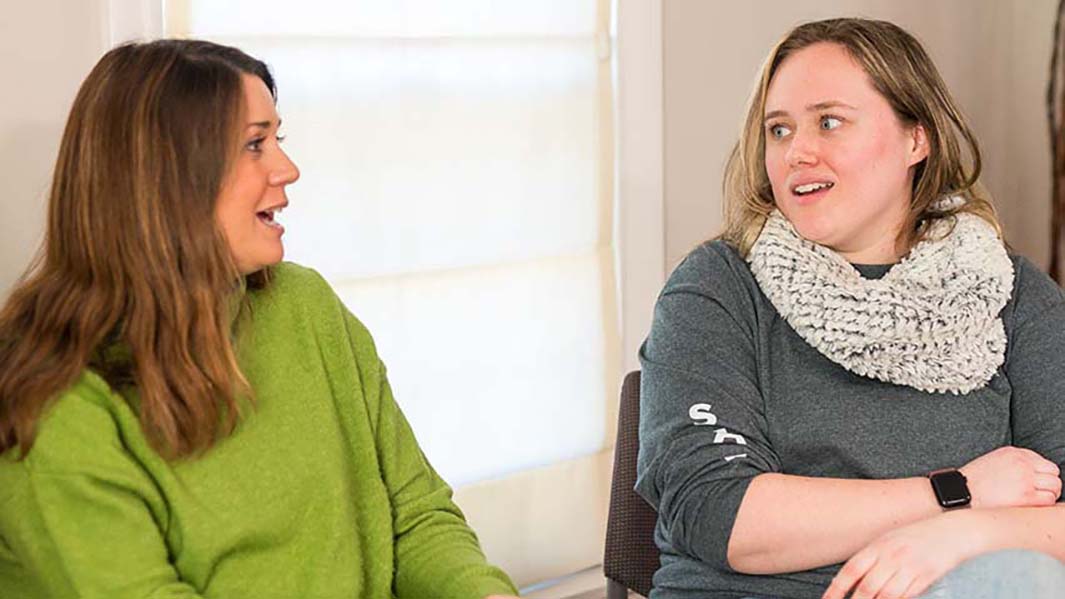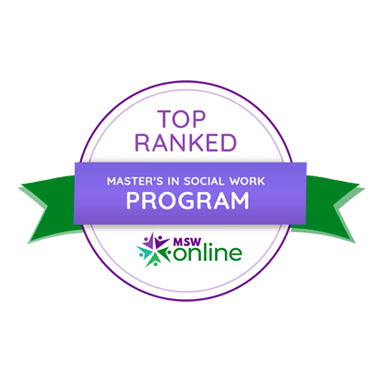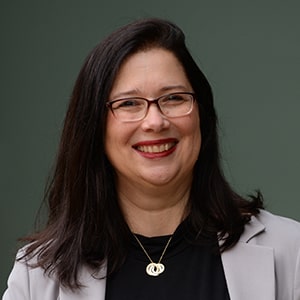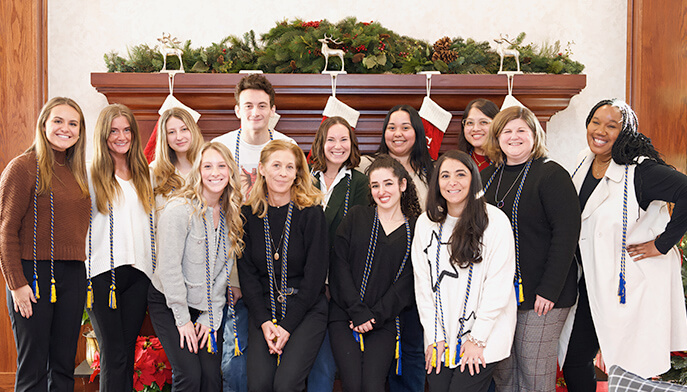MSW
Social Work
Format & Location
Online, Low Residency
School/College
School of Education & Human Development
Start Dates
Spring (January), Summer (May), and Fall (September)
Application Deadline
Spring Priority: November 15 | Summer Priority: February 15 | Fall Priority: May 15
Completion
24-28 months
Schedule
Full-Time or Part-Time
Attend a Virtual Information Session
Check for Upcoming Dates
Fairfield University's low-residency Master of Social Work (MSW) program is designed as a clinical specialist program and prepares students to become leaders for social change.
Find Out More
Course Requirements
Master of Social Work - Two-Year Track
60 credits
Contact Us
Graduate Admission
gradadmis@fairfield.edu
(203) 254-4184
Request Info Form
Want details on courses, schedules, and financial aid? We're here to help.
Loading...




